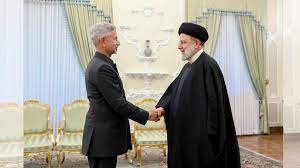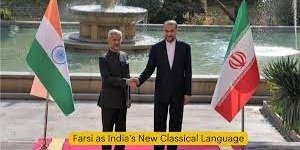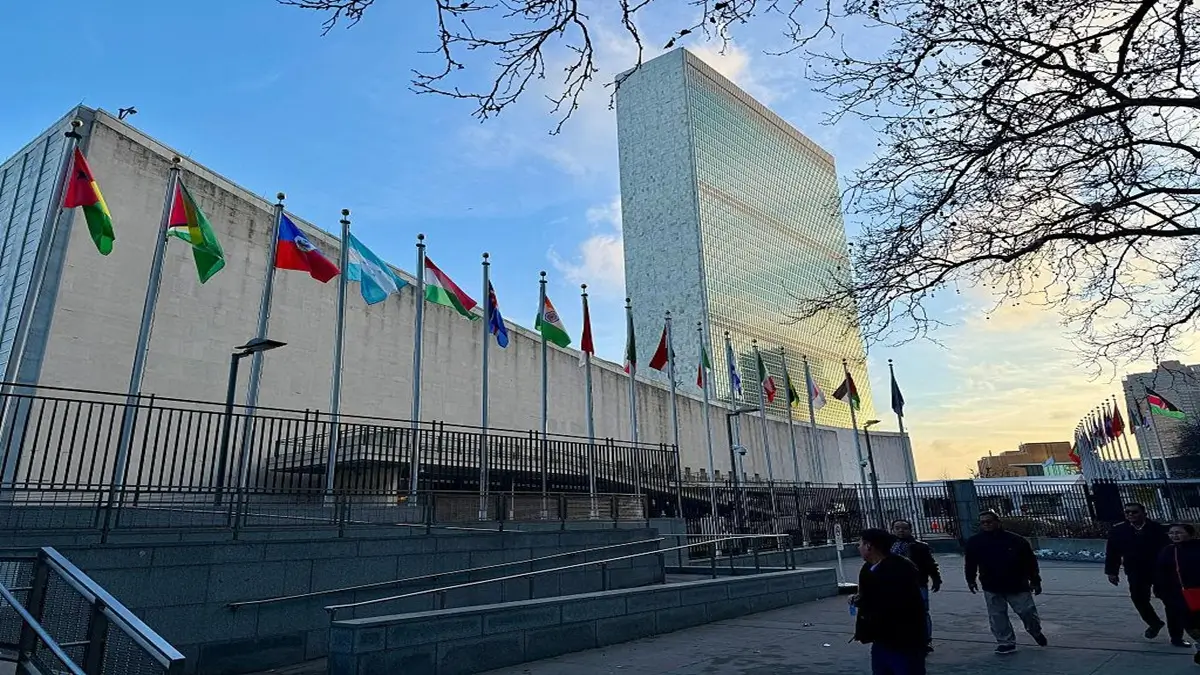Farsi as India’s New Classical Language: Embracing Linguistic Diversity
India, known for its rich cultural tapestry, is set to embrace linguistic diversity with the recent announcement declaring Farsi as the country’s new classical language. This significant development holds particular importance for students preparing for government exams, including those aspiring for positions in teaching, police, banking, railways, defense, and civil services like PSCS to IAS.

Why this News is Important:
The declaration of Farsi as a classical language opens new avenues for cultural exchange and academic exploration. This move not only acknowledges the historical significance of Farsi but also promotes inclusivity in the diverse linguistic landscape of India.
Historical Context:
India has a long history of linguistic richness, with languages evolving over centuries. Farsi, often associated with Persian influence, has deep historical roots in the Indian subcontinent. The historical context behind this decision involves recognizing the contributions of Farsi to India’s cultural and literary heritage.
Key Takeaways from This News:
| Serial Number | Key Takeaway |
|---|---|
| 1. | Recognition of Farsi as a classical language. |
| 2. | Deep historical roots of Farsi in the Indian subcontinent. |
| 3. | Opportunities for cultural exchange and academic exploration. |
| 4. | Promotion of linguistic diversity in India. |
| 5. | Relevance for government exam aspirants, enhancing awareness of India’s cultural heritage. |
Important FAQs for Students from this News
Q1: Why was Farsi declared as a classical language in India?
A1: Farsi was declared as a classical language in India to recognize its deep historical roots in the Indian subcontinent and to promote linguistic diversity.
Q2: How does the recognition of Farsi impact government exam aspirants?
A2: Government exam aspirants, especially those in teaching, police, banking, railways, defense, and civil services, can benefit by gaining awareness of India’s rich cultural heritage through the recognition of Farsi as a classical language.
Q3: What is the historical context behind Farsi in the Indian subcontinent?
A3: Farsi has historical ties with the Indian subcontinent, with its influence shaping Indian culture, literature, and art. The Mughal era witnessed Farsi as a language of administration and culture.
Q4: What opportunities does the declaration provide for academic exploration?
A4: The declaration of Farsi as a classical language opens avenues for academic exploration, allowing students to delve into the linguistic and cultural aspects associated with Farsi.
Q5: How does this move contribute to preserving linguistic diversity?
A5: Recognizing Farsi as a classical language contributes to preserving linguistic diversity by acknowledging the cultural and literary contributions of Farsi to India’s diverse linguistic landscape.
Some Important Current Affairs Links

















